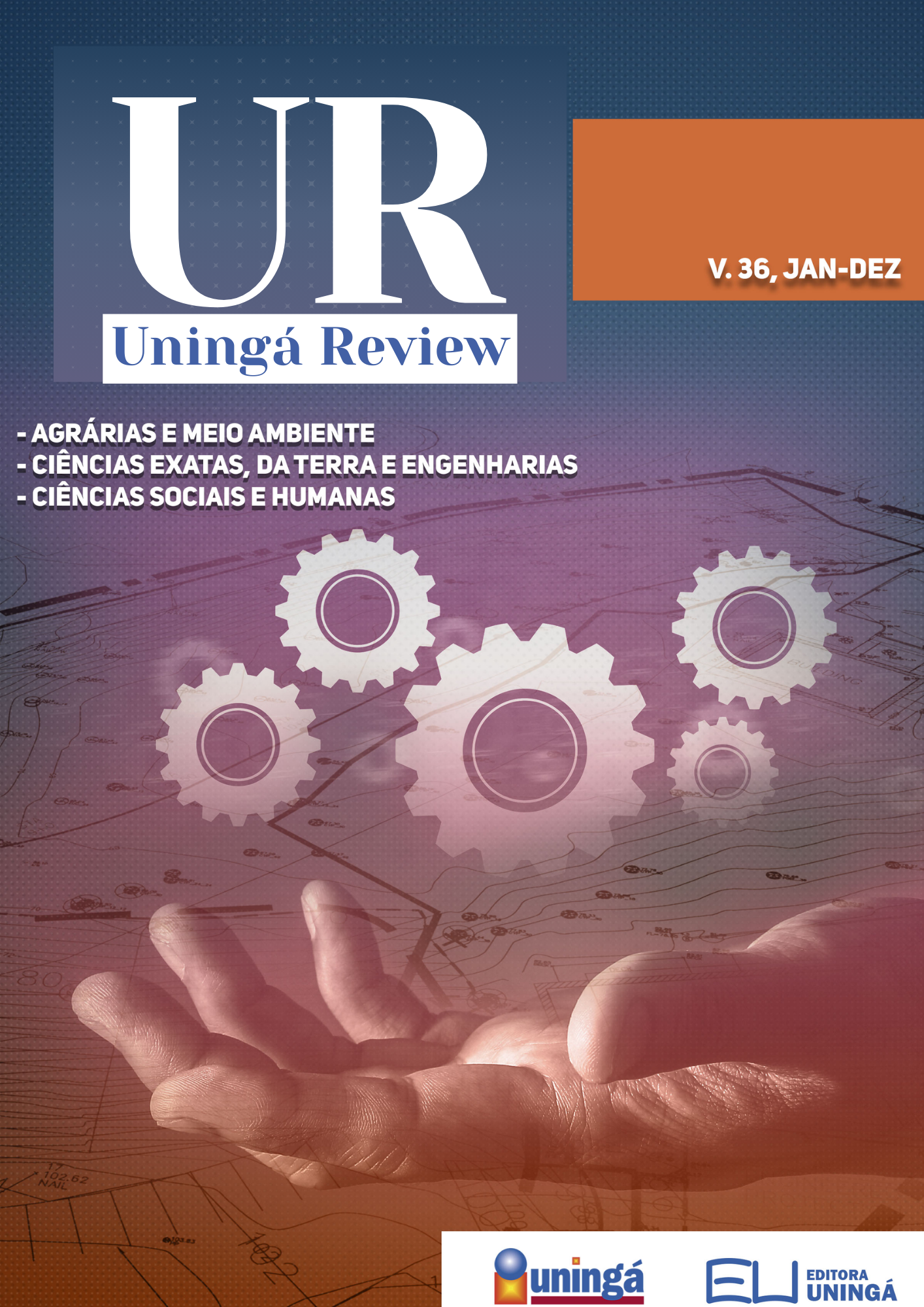THE CONFLICT PERSONIFICATION IN ELES NÃO USAM BLACK-TIE (1981), BY LEON HIRSZMAN
DOI:
https://doi.org/10.46311/2178-2571.36.eURJ3765Keywords:
Cinema, conflict, characterAbstract
The end of the 1980s in Brazil is marked by a pre-democratic period full of various social conflicts and workers' strikes, a theme that reverberated in cinema and audiovisual. It is necessary to understand specific productions from this period, such as thefilm Eles Não Usam Black-Tie(1981), by Leon Hirszman, mainly in the relationship that the characters may establish with the viewers. The purpose of this article is to reflect on how the real conflict experienced by the working class at that time was translated into the characters in Hirszman's film and, for that, José Carlos Avellar's reflections from the book Pai país, mãe pátria. For this discussion, bibliographic research was carried out, whose sources were scientific works published in national magazines. In the analysis of the film, it is possible to observe that the characters represent, in some way, socio-political issues of the workers in the confused pre-democratic Brazilian social reorganization in a process of personification of the conflict, which transforms the concrete conflict into characteristics and traits of characters and relationships between them. Therefore, the importance of expanding studies on Brazilian films and the personification of conflicts in audiovisual plots is highlighted.
Downloads
Downloads
Published
How to Cite
Issue
Section
License
Copyright (c) 2021 REVISTA UNINGÁ REVIEW

This work is licensed under a Creative Commons Attribution 4.0 International License.
I declare/we declare that the text submitted here is original, of my own authorship and does not infringe any type of third party rights. The content is my/our sole responsibility. Possible research involving animals and/or human beings is in accordance with Resolution 196/96 of the National Health Council and its complements. I declare that I am/we are in possession of the written consent of patients and that the research and its procedures were timely and adequately approved by the Ethics Committee of the institution of origin. We further declare that all institutional affiliations and all sources of financial support for the work are duly informed. I certify that there is no commercial or associative interest that represents a conflict of interest related to the submitted work. If there is commercial interest, in addition to the technical and academic ones, in the publication of the article, the information will be reported during the text.







































